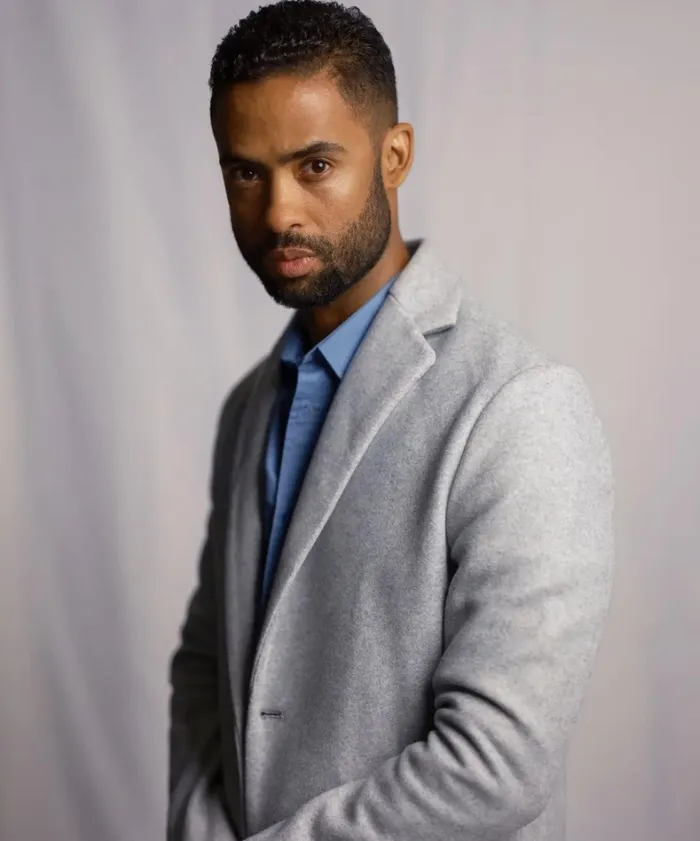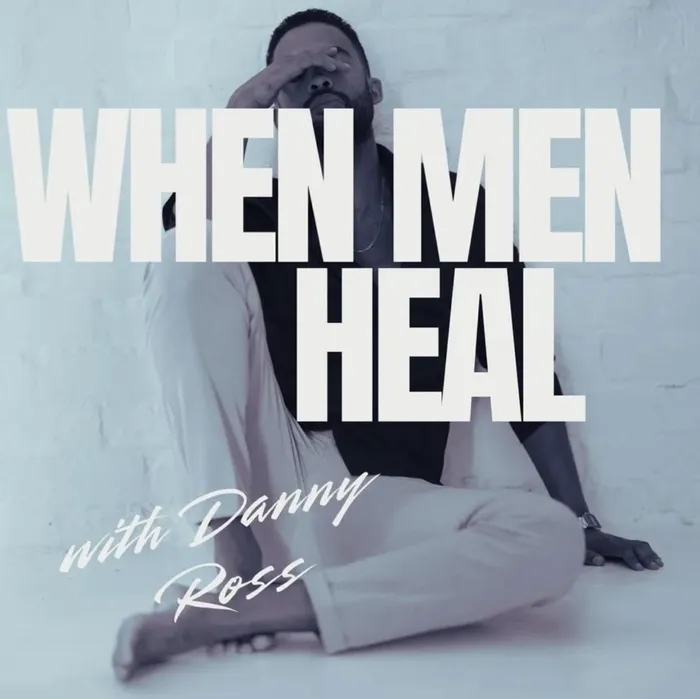
For fans who have followed Ross from his breakout as a finalist on Class Act in 2010 to his celebrated performances in Swartwater and Desert Rose, his candid confession about his mental health struggles is both unexpected and powerful.
Image: Instagram
September is Suicide Awareness Month in South Africa. With alarming mental health statistics, urgent conversations about men’s well-being are critical.
In a culture where silence is mistaken for strength, many men hide their struggles, letting anger, trauma, and unspoken pain persist and sometimes turn destructive.
This month, South African actor and musician Danny Ross, best known for his role as Jerome October in "Suidooster", opened up in a vulnerable Instagram post about his own battles.
His honesty sheds light on an issue that touches thousands of men but remains largely hidden: the difficulty of finding safe spaces to express pain without fear of judgment.
Ross, who has starred in acclaimed local and international productions including "Nommer 37", "Barakat", "24 Hours to Live", and Netflix’s "Resident Evil", shared a deeply personal reflection with his followers:
“Welcome to 'When Men Heal with Danny Ross'. After discovering I had underlying anger and trauma and struggled to communicate how I truly felt in a healthy way, I decided to seek professional help from a clinical psychologist.
"I came to realise how difficult it was to find a safe space as a man to have these vulnerable conversations. By creating this platform, I hope to inspire more men to take ownership of their mental health. Sending a big hug to all men out there suffering in silence.”
For fans who have followed Ross from his breakout as a finalist on "Class Act" in 2010 to his celebrated performances in "Swartwater" and "Desert Rose", this candid confession is both unexpected and powerful.
It reminds us that even public figures, often admired for their resilience, carry invisible burdens.
Understanding anger and trauma
So, what does Ross mean when he speaks about “underlying anger and trauma”?
Anger is often perceived as explosive outbursts or rage, but psychologists warn that it can also manifest quietly through irritability, impatience, or withdrawal from loved ones.
According to the "American Psychological Association", anger becomes harmful when it masks deeper pain and remains unaddressed.

After discovering he had underlying anger and trauma and struggled to communicate how he truly felt in a healthy way, Ross decided to seek professional help from a clinical psychologist.
Image: Instagram
Trauma, meanwhile, isn’t always a headline event; it can be silent, small, but cumulative. It refers to emotional wounds from distressing experiences, anything from childhood experiences, loss, relationship breakdowns, abuse or even societal pressures.
Trauma doesn’t simply fade away; research from the National Center for PTSD shows it can shape how we see ourselves, how we trust others, and how we cope under stress.
Unresolved trauma and unacknowledged anger are closely linked. Men, in particular, may struggle to recognise these patterns because social expectations often tell them to “man up” instead of expressing vulnerability.
Bottled-up pain that affects relationships, careers, physical health, and in some cases, leads to depression or suicidal thoughts.
According to the South African Depression and Anxiety Group (SADAG), men account for nearly 75% of suicides in the country. Yet fewer men seek psychological help compared to women.
SADAG's operations director, Cassey Chambers, shared with "IOL Lifestyle" in previous conversations that men often are taught to be protectors and providers. This creates a dangerous cycle where suffering is internalised until it becomes unbearable.”
This is why Ross’s platform, "When Men Heal", feels so significant. By sharing his own journey, he not only normalises therapy but also challenges the harmful stigma that says men shouldn’t talk about their feelings.
Mental health experts stress that addressing underlying anger and trauma is not just about avoiding breakdowns; it’s about improving everyday well-being.
Studies published in the "Journal of Psychiatric Research", show that unresolved trauma is linked to chronic illnesses like heart disease. At the same time, unregulated anger can lead to high blood pressure, anxiety, and substance abuse.
When men begin to unpack their trauma, they often find freedom in relationships, careers, and personal growth that were previously blocked by silence.
Ross’s vulnerability offers both a mirror and a map. A mirror, because it reflects what many South African men are going through quietly. A map, because it shows that healing is possible with professional help, open conversations, and communities that support honesty over stoicism.
As Suicide Awareness Month reminds us, the stakes are too high for silence. If you or someone you know is struggling, reach out to SADAG (0800 567 567) or Lifeline (0861 322 322) for support.
Ross’s message is simple yet profound: men deserve safe spaces to heal. His story reminds us that courage is not the absence of pain; it’s the decision to face it, speak it, and transform it.